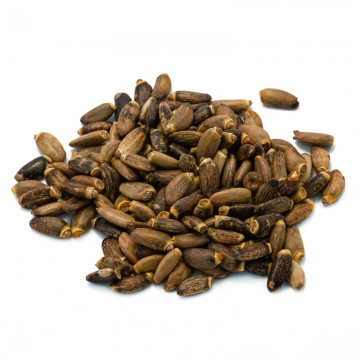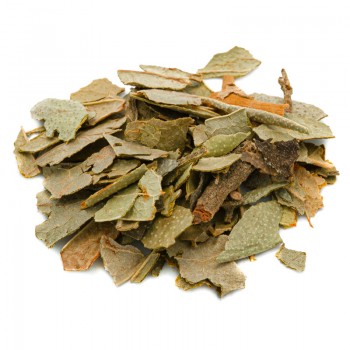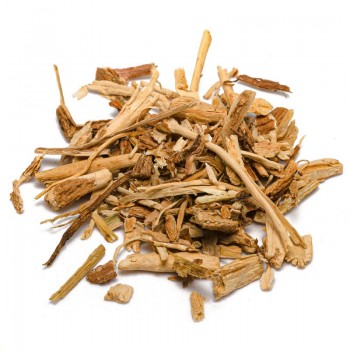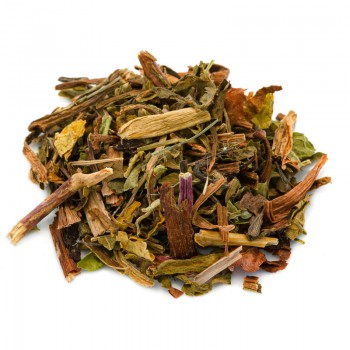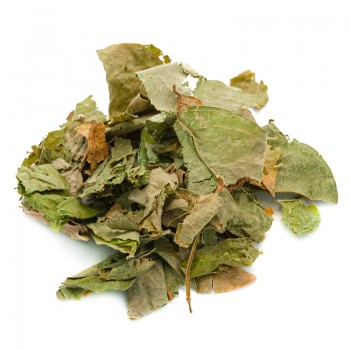The artichoke tea, which is obtained by leaving the leaves in infusion, is a natural resource for detoxifying the liver, for diuresis and for many health effects.
Artichoke leaves: properties and benefits
Artichoke leaves have excellent properties from the point of view of stimulating diuresis and eliminating toxins.
I am able to purify the liver: for centuries the artichoke was considered a medicinal plant dedicated to the treatment of liver failure, hepatitis, gallbladder, cholelithiasis and fatty liver .
The benefits are due to cynarin, a substance that enhances the functions of the liver, stimulating the production of bile and facilitating its outflow towards the intestine. Herbal tea with artichoke leaves also stimulates diuresis by eliminating toxins, and brings beneficial elements to the health of the liver, such as folate and minerals such as phosphorus, zinc and iron.
Always combined with the detox effect, there is the benefit of artichoke as an excellent draining and diuretic. Artichoke herbal tea can effectively counteract water retention, avoiding swelling and heaviness. For this reason, it also has beneficial effects against cellulite, linked to water retention and the malfunction of the lymphatic circulation.
In its health benefits, artichoke has been studied in its digestive improvement functions - in fact some digestive bitters are artichoke based.
The property that benefits digestion is due to the inulin molecule, which helps the well-being of the intestinal bacterial flora (bifidobacteria and lactobacilli); a condition that avoids the formation of intestinal gas and favors the well-being of the colon. An artichoke tea can also help relieve stress and calm down, thanks to its content of magnesium, zinc and potassium .
Being rich in beneficial substances such as vitamins, thiamine, minerals , artichoke leaves also release their powerful nutrients and antioxidants.
Thanks to the vitamin C and antioxidants in artichoke, it is possible to strengthen the immune system, and it could be excellent for the well-being of the skin. In particular, there are beneficial substances such as quercetin and rutin, which can help protect the skin, thus preventing wrinkles, and age spots. The cynaria content of artichokes, a hepatoprotective and digestive polyphenol as we have seen, according to some ongoing studies could also be a resource against excess LDL cholesterol, inhibiting its synthesis.
Origins and History of cultivation
The Cynara plant derives its name from the ash (cinara), since historically it was a plant fertilized with ashes. The word artichoke, on the other hand, derives from the Arabic kerschouf, given that this plant has very ancient origins and was known to many cultures.
Its leaves have been used for centuries for food, and for this reason it is thought to be a vegetable - while the artichoke represents a medicinal herb, already known to the ancient Egyptians, Greeks and Romans.
Renowned for its healing and detoxifying properties, especially on the liver, artichoke was considered a diuretic and often served as an appetizer - especially from the Renaissance onwards.
Cultivations were already intensified in the fifteenth century, while before it was mostly consumed by the Arabs, who gave it the name we know. The leaves have been considered, together with the stems and roots of the plant, also as curative for the draining and detoxifying effects, in many populations. Furthermore, in the late Renaissance, an infusion of artichoke leaves could also be a "spy" of pregnancies, since according to the medicine of the time, it caused nausea in pregnant women.
Even in the East they considered the artichoke infusion beneficial for well-being, especially for Vietnamese cuisine.
Plant and flowers
Cynara scolymus L. is a plant of the Compositae family, perennial and of Mediterranean origin. The name Scolymus derives from the Greek, and a species of edible thistle is identified.
It has leaves that develop in rosettes, of a gray - green color, and has a height that can reachand about 1 meter. At the center of the rosette develops the fleshy stem, which bears oval leaves and sometimes with small thorns. The inflorescences arrive at the beginning of spring, with an elongated and round shape, which represent the edible part of the artichoke (the calatidae).
The actual flowers are located in the center of the inflorescence (artichoke beard), and to prevent them from hardening and ruining the edible part, it is recommended to consume the artichokes shortly after collection.
Today there are many varieties of artichokes, some almost non-existent as in the Roman violets, others more elongated like Sardinian artichokes.
Nutritional values of Artichoke leaves
Artichokes are a food rich in nutrients such as vitamins A, C, folate and thiamine (B1). Additionally, artichoke leaves contain minerals such as magnesium, calcium, iron, and zinc. There are also fatty acids, organic acids (caffeic and chlorogenic), amino acids, flavonoids and precious substances such as cynarin, luteolin and beatin.
How to use Artichoke leaves as a herbal tea
For a good infusion, it is advisable to use the Artichoke leaves for one cup (250 ml), about 3-5 grams with water at 100 ° C. Leave to infuse for 5 to 7 minutes, before drinking the herbal tea. Add honey or sugar if you wish.
Artichoke: side effects and contraindications
In general, drinking an artichoke leaf tea has no contraindications, but you should keep in mind that it could have effects such as flatulence and stomach pain - especially in high dosages.
Also be careful not to stimulate the diuretic and laxative properties too much.

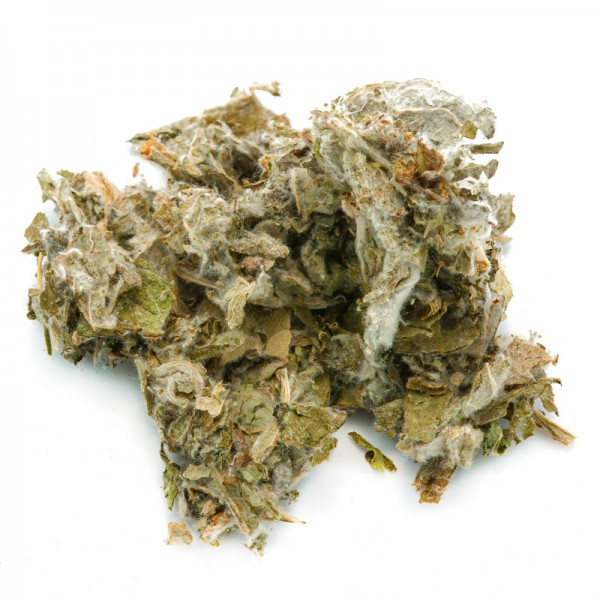









 No reward points for this product.
No reward points for this product.
